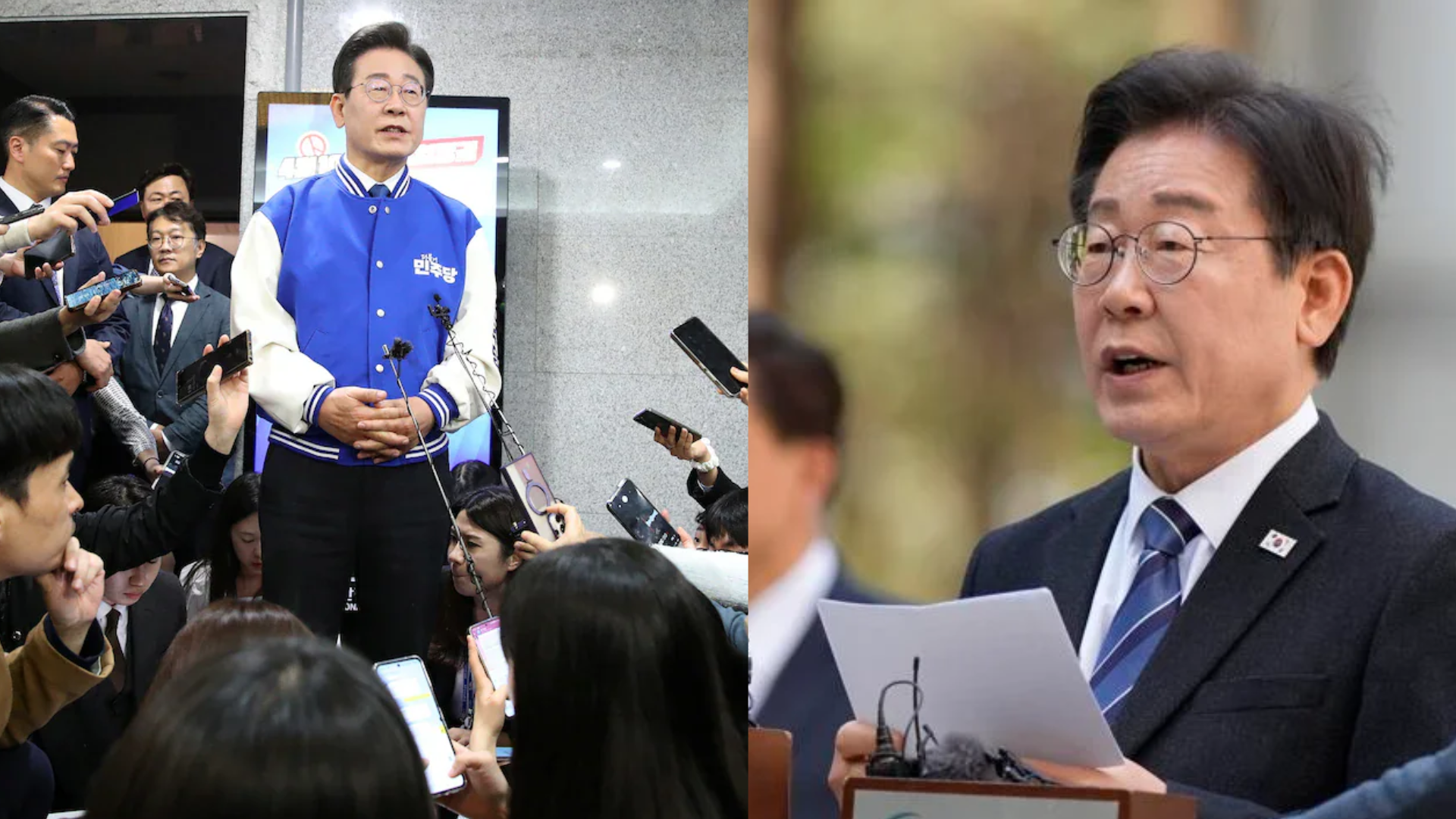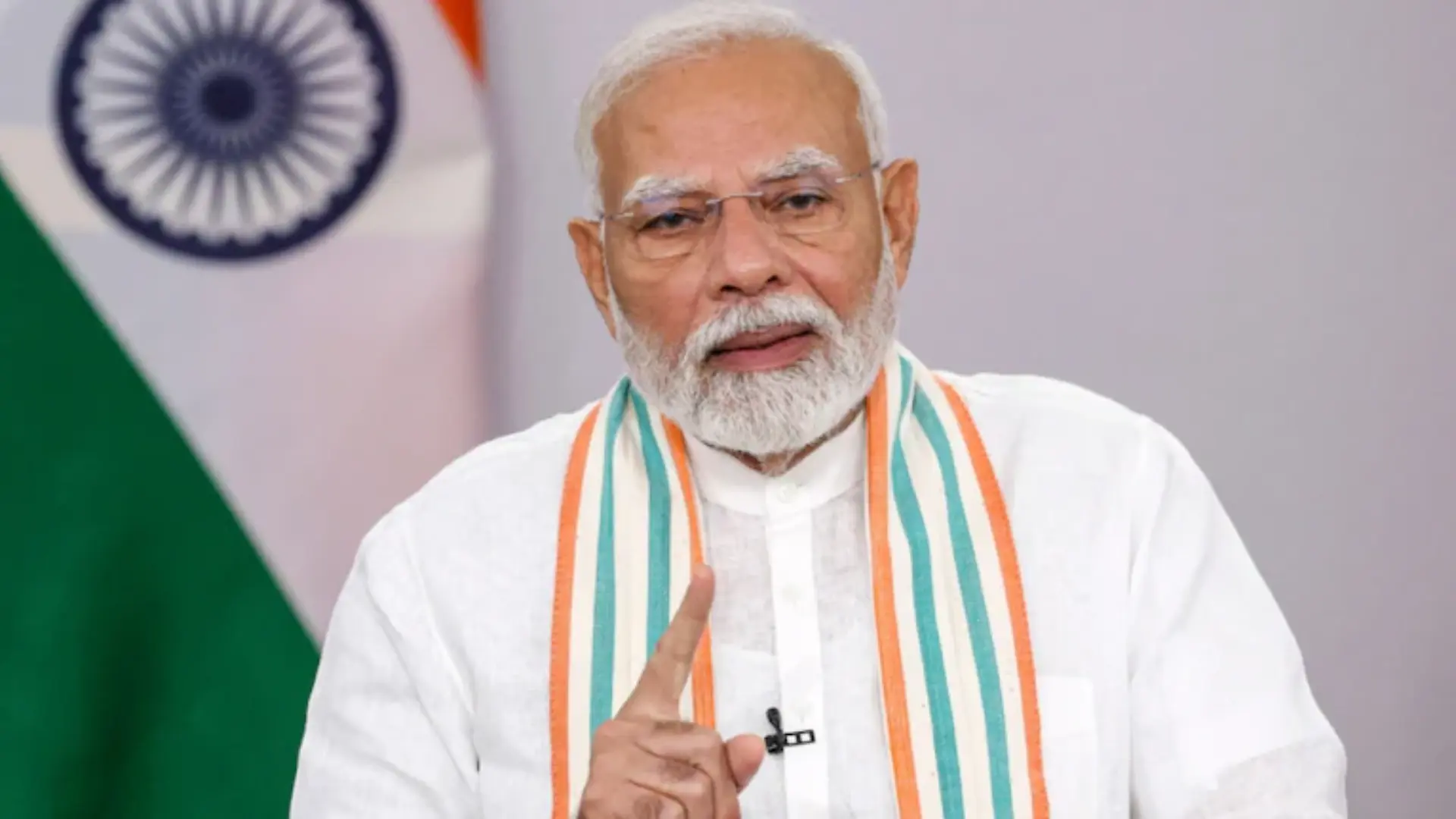South Korea’s parliamentary elections on Wednesday witnessed a resounding victory for the liberal opposition parties, dealing a significant blow to President Yoon Suk Yeol and his conservative party. The Democratic Party (DP) is projected to secure more than 170 of the 300 seats in the new legislature, as indicated by data from the National Election Commission (NEC) and network broadcasters with over 99% of votes counted as of early Thursday morning.
In addition to the DP’s projected success, a splinter liberal party aligned with the DP is anticipated to secure at least 10 seats. This electoral contest, marked by intense competition, is widely viewed as a referendum on President Yoon, whose popularity has waned amid a cost-of-living crisis and a series of political scandals.
The People Power Party (PPP), led by President Yoon, is expected to win just over 100 seats, falling short of a super-majority that could override presidential vetoes and amend the constitution. With less than two years into his five-year term, Yoon is likely to enter a lame-duck status, according to analysts.
The NEC is set to announce the official results later on Thursday, after an unprecedented voter turnout of nearly 29.7 million people, representing 67% of eligible voters. This turnout, although down from the 2022 presidential vote, marks the highest in a parliamentary election in South Korea’s history.
Despite President Yoon not being up for election this time, the outcome severely impacts his ability to advance legislation, especially with his PPP’s poor showing in the elections. The president’s approval ratings have been low for months, hindering his efforts to implement promised tax cuts, business regulation reforms, and expanded family support in an aging society.
Mason Richey, a professor at Hankuk University of Foreign Studies, suggested that President Yoon might shift focus towards foreign policy, where he retains statutory power, given his likely lame-duck status. However, this agenda could also face challenges if the opposition seeks to curtail budgets with their majority.
The projected outcome of the elections leaves President Yoon’s administration in a precarious position, with a super-majority eluding the opposition as tallies continued into Thursday morning. Yoon’s administration has been characterized by contentious policies towards North Korea, improved relations with the U.S. and Japan, and internal struggles with healthcare reforms and gender equality ministry abolishment.
The result is seen as a decisive victory for South Korea’s opposition, particularly the Democratic Party led by Lee Jae-myung. The DP is expected to fall short of the 200 seats needed for a super-majority, but the outcome is a clear signal of public discontent with Yoon’s governance.
The aftermath of these elections will likely shape South Korea’s political landscape for the remainder of Yoon’s term, with a focus on economic challenges, generational divides, and the shifting dynamics of regional diplomacy. Official results are anticipated later on Thursday.
These elections also highlighted a noticeable decline in political engagement among younger voters, disillusioned by the lack of substantive policy debates and a polarized campaign atmosphere. The divisive rhetoric and focus on personal attacks rather than policy discussions have left many voters disenchanted with the political process.
Overall, South Korea’s parliamentary elections have delivered a resounding victory for the liberal opposition, posing significant challenges for President Yoon Suk Yeol’s administration and setting the stage for a new chapter in the country’s political landscape.


















